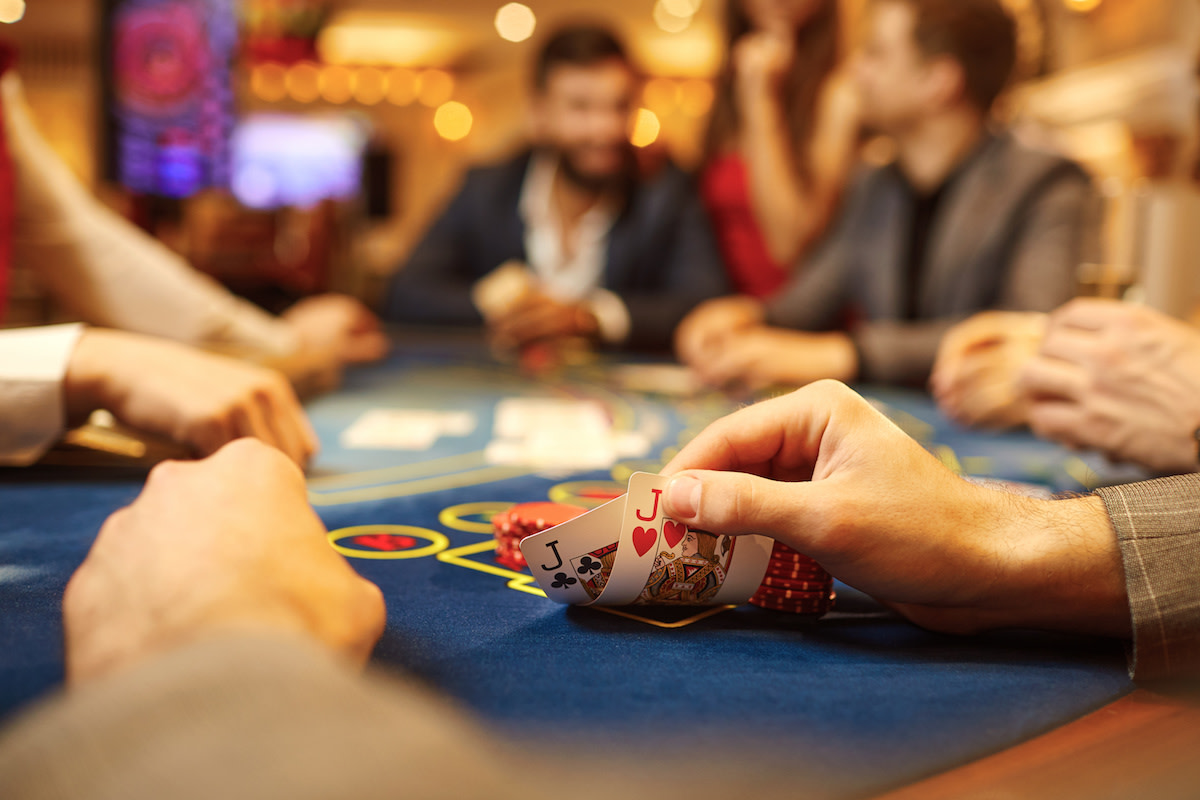How To Pull Off a Successful Bluff in Poker: Learn the Types of Bluffs and Tips for Better Bluffing
Written by MasterClass
Last updated: Sep 29, 2021 • 4 min read
In a poker game, a good hand can only take you so far. Playing poker without bluffing is to only play half of the game. It might seem sensible to take a circumspect approach as a beginner, but this is not really how the game should be played. A good player should always look to make a profit whenever the opportunity presents itself, and bluffing will help you do just that.
Learn From the Best
What Is Bluffing?
Bluffing in poker is the art of making your opponent lay down a better hand than what you hold. It is the opposite of a value bet.
- When betting for value, you hope to be called by a worse hand.
- When betting as a bluff you hope your opponent folds a better hand.
4 Different Types of Bluffs
There are different types of a bluff in poker, and each specific situation can overlap into two or more categories.
- 1. Continuation bet bluff. This is a bet where you have the initiative and are relying on your opponent not connecting with the board.
- 2. Semi bluff. This is a bet when your hand is currently weak, if not totally devoid of showdown value, but you have a decent chance to make a strong hand. Examples are flush draws and straight draws.
- 3. Zero equity/stone-cold bluff. This is a bluff where you have almost no chance of improving to the best hand and it relies entirely on fold equity to show a profit.
- 4. Opportunistic bluff. This kind of a bluff is where none of the other players in the hand have shown any interest in the pot. You expect this bet the work frequently enough to show a profit if nobody else is likely to have a strong hand.
What Is the Purpose of Bluffing in Poker?
The idea behind bluffing is exactly the same as betting for value—it is an opportunity to make a profitable bet. Also, if you only base your overall strategy around betting when you have a strong hand, then you are going to be easy to read. This is a classic error that new players make all the time.
- When taking up the game, a large proportion of players either play too aggressively—bluffing way too much.
- Or, they play too passively—not bluffing enough.
- Although you can get away with these fundamental errors at the lowest stakes, you will be severely punished against half-decent players.
3 Essential Things to Consider When Deciding to Bluff
Just as with any other bet you might make, there are a few considerations that you must take into account before embarking on what might ultimately be a costly mistake.
- 1. Your opponent. Who you are playing against is by far the most important factor when determining your plan for the hand. This point also isn’t as simple as thinking if they don’t like folding then we can never bluff them. Almost all players have specific tendencies that open up opportunities to bluff them at some point.
- 2. Bet sizing. When you bet as a bluff you must consider what size is the most profitable. A smaller size does not need to see as many folds as a larger sizing to make a profit, but it is not always clear where the sweet spot is.
- 3. How many bets will be needed to get the job done? Due to your opponent’s tendencies, a single bet might not be enough to make them fold. This is where your judgment is crucial as to how much risk you are prepared to take.
3 Tips for Better Bluffing
The key to being able to bluff well is learning how to think in terms of complete hand ranges, rather than single hands.
- 1. If you can visualize your opponent’s range in a given situation, then you can accurately assess their ratio of strong hands to weak hands. This is vital for finding thin bluffs that barely show a profit but do add up to a significant amount over time.
- 2. You must also be able to mentally work with how your own hand range is perceived by your opponent. Your bluff must make sense to your opponent. If you cannot credibly represent a strong hand then your bluff will be doomed to failure.
- 3. Game flow assessment is a factor that is heavily judgment based, but crucial to avoid large errors. If you have been making many strong hands that don’t get shown down then your opponents could be forgiven for thinking you are playing too aggressively. In this situation, you should refrain from pushing your luck with sophisticated bluffs because your opponents will be more likely to play back at you.
Want to Become a Better Poker Player?
Whether you’re an enthusiastic amateur or dreaming of going pro in Texas hold’em, mastering the game of poker takes time, wit, and cunning. No one knows this better than Daniel Negreanu, the biggest live tournament poker winner of all time. In Daniel Negreanu’s MasterClass on the art of poker, the six-time World Series of Poker champion delves deep into poker strategy, advanced theory, and hand-reviews of his winning games. Put yourself across the felt from Daniel and learn how to sharpen your mental game through demos on reading opponents and spotting tells.
Want to become a better poker player? The MasterClass Annual Membership provides exclusive video lessons from master poker players, including Daniel Negreanu and Phil Ivey.
